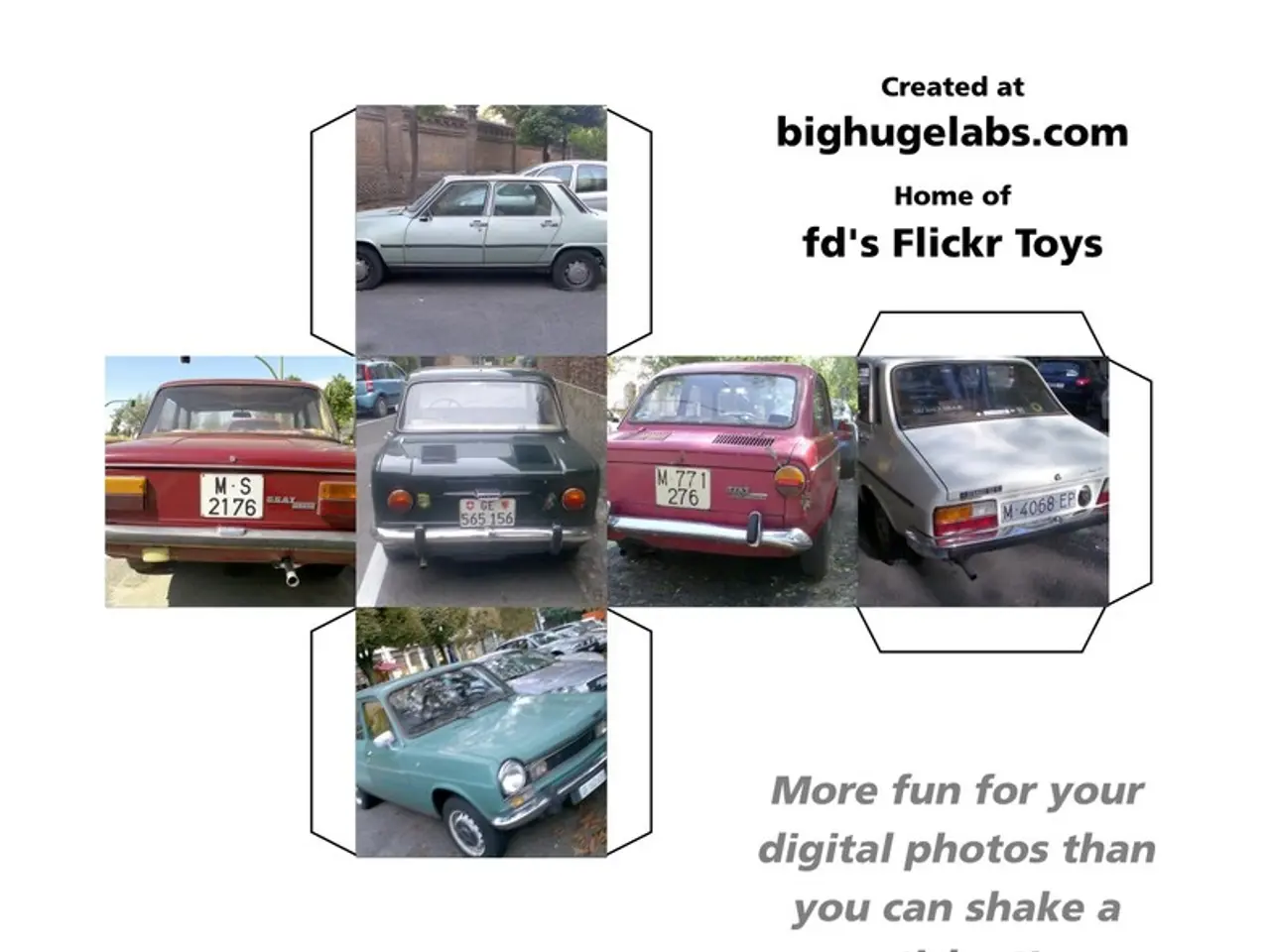Denmark and Norway Lead Europe in Electric Vehicle Adoption, Paving Way for V2X Technology
Denmark and Norway are leading the way in electric vehicle (EV) adoption and charging infrastructure, paving the way for the growth of Vehicle-to-Everything (V2X) technology in Europe. A study by DNV and SmartEn highlights their progress and identifies key factors driving this development.
Denmark boasts an impressive 38% of electric car sales and a robust charging infrastructure with 5.8 points per 1,000 vehicles. Norway, however, takes the lead with a staggering 88% electric car sales and 12.8 charging points per 1,000 EVs. The Netherlands also excels with the most widespread charging infrastructure at 13.9 points per 1,000 EVs and 36% electric vehicle sales.
The study considers several variables for V2X growth, including electric vehicle penetration and charging infrastructure deployment. Regulatory policies also play a crucial role in predicting this growth. A recent analysis, 'Assessment of the regulatory framework of bidirectional EV charging in Europe', explores the readiness of European countries for V2X development. Countries most likely to lead this technology are Norway, Sweden, Denmark, the Netherlands, Germany, and the United Kingdom, thanks to their strong industrial and technological base, supportive political frameworks, and advanced infrastructure for digitalization and sustainable systems integration.
With Denmark, Norway, and the Netherlands at the forefront of electric vehicle sales and charging infrastructure, Europe is poised for significant growth in bidirectional charging technology. The study's findings underscore the importance of supportive regulatory policies and robust infrastructure in driving this innovative sector forward.
Read also:
- EPA Administrator Zeldin travels to Iowa, reveals fresh EPA DEF guidelines, attends State Fair, commemorates One Big Beautiful Bill
- Hitachi Rail's Next-Gen SelTrac to Revolutionize Urban Transit with C$100m Investment
- Leaders at HIT Forum 2025: Middle Powers Key to Asia's Security
- Samsung, SK Hynix Partner with OpenAI for AI Chip Boost, Driving South Korea's Tech Industry







